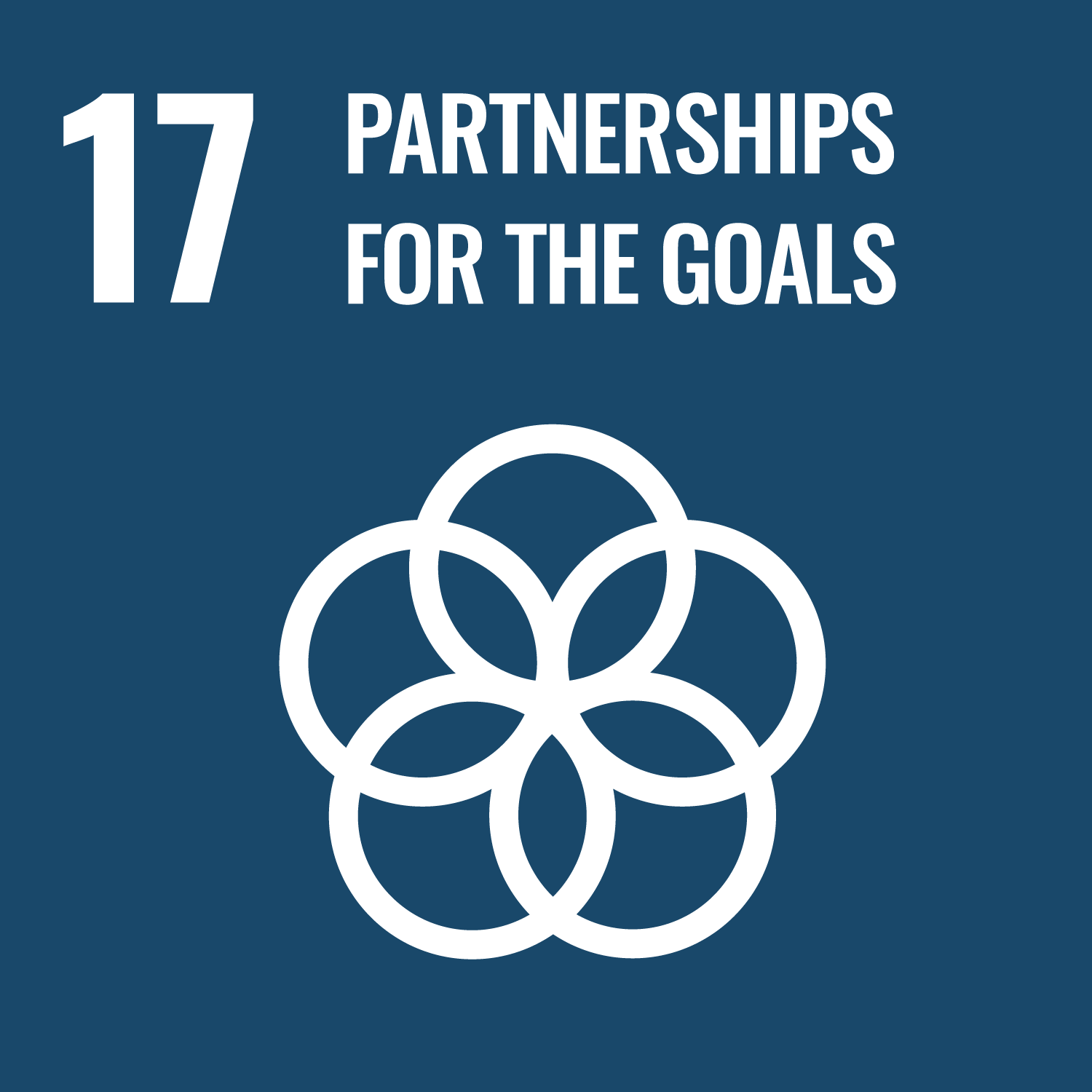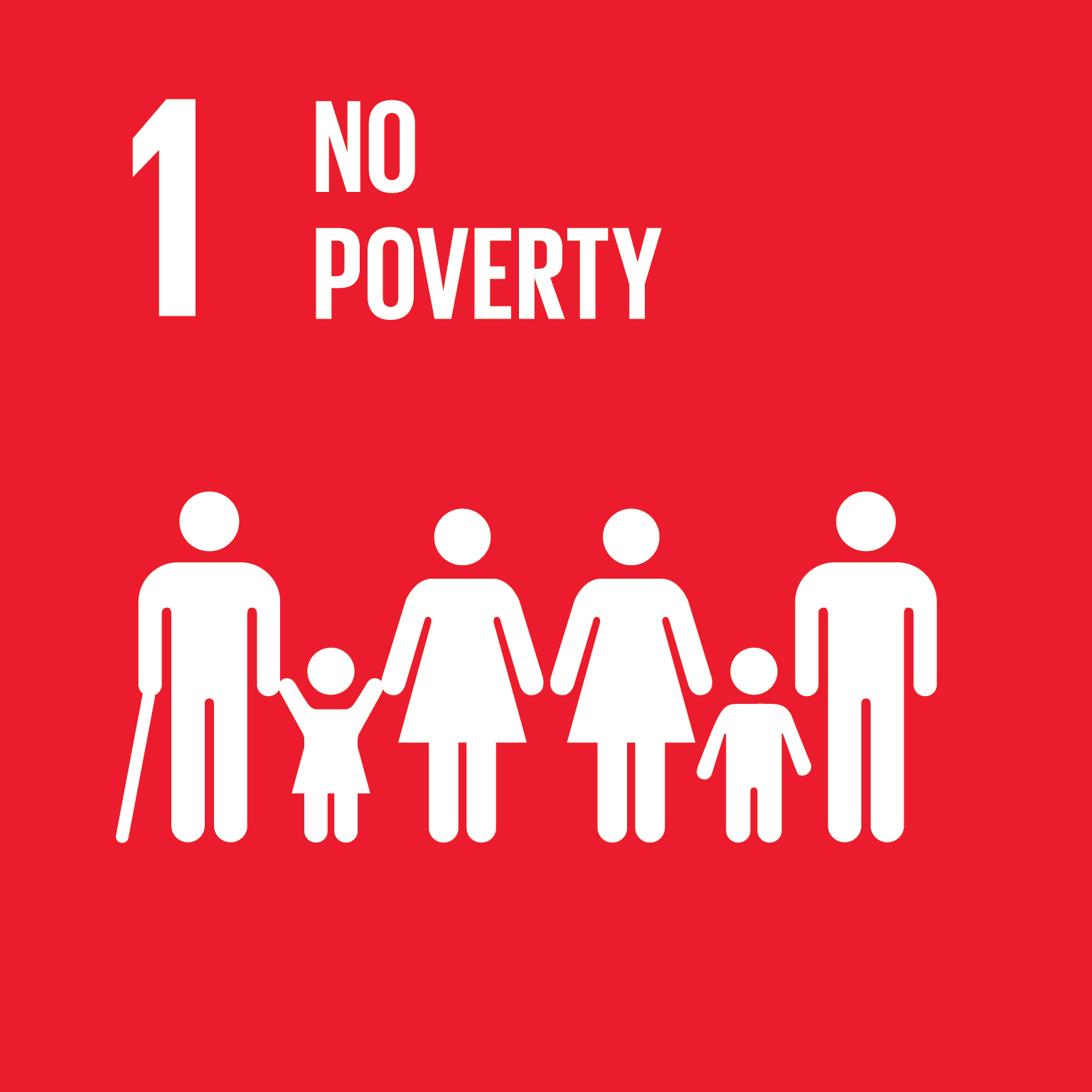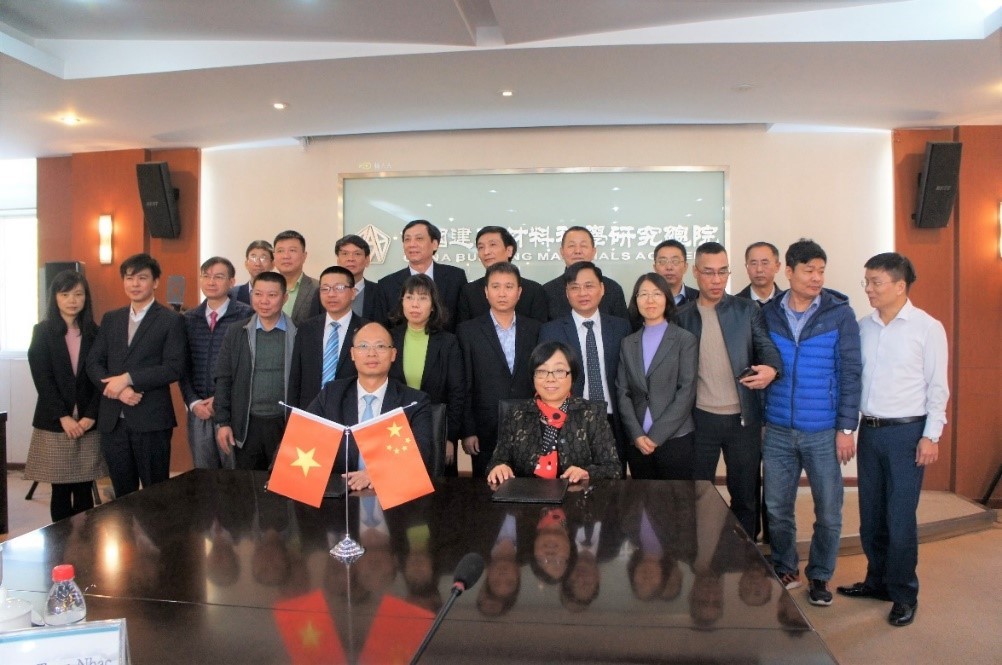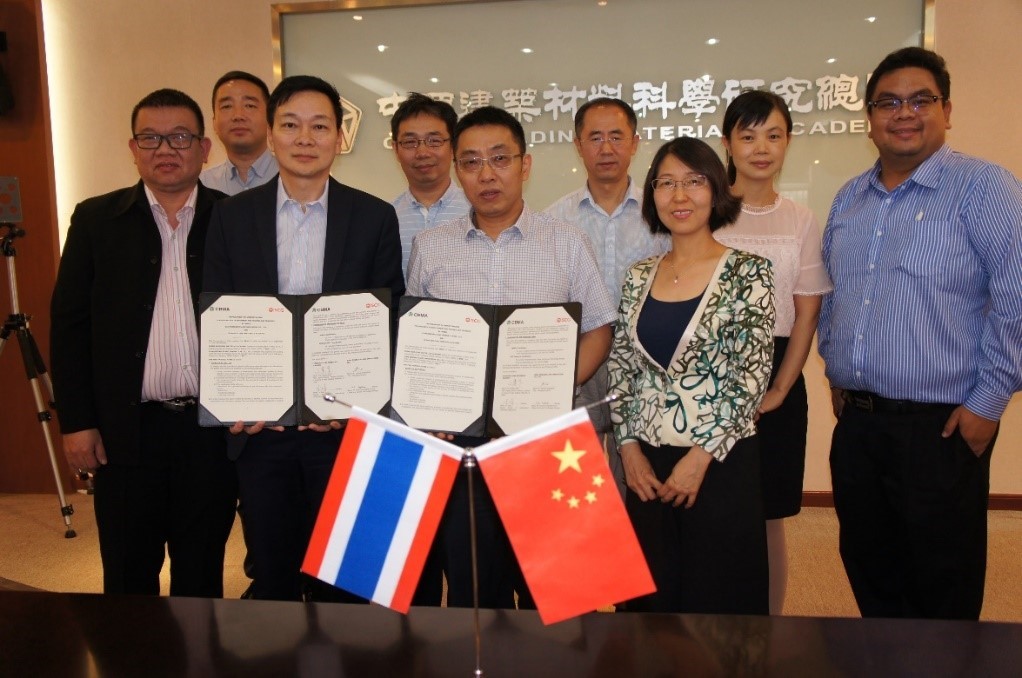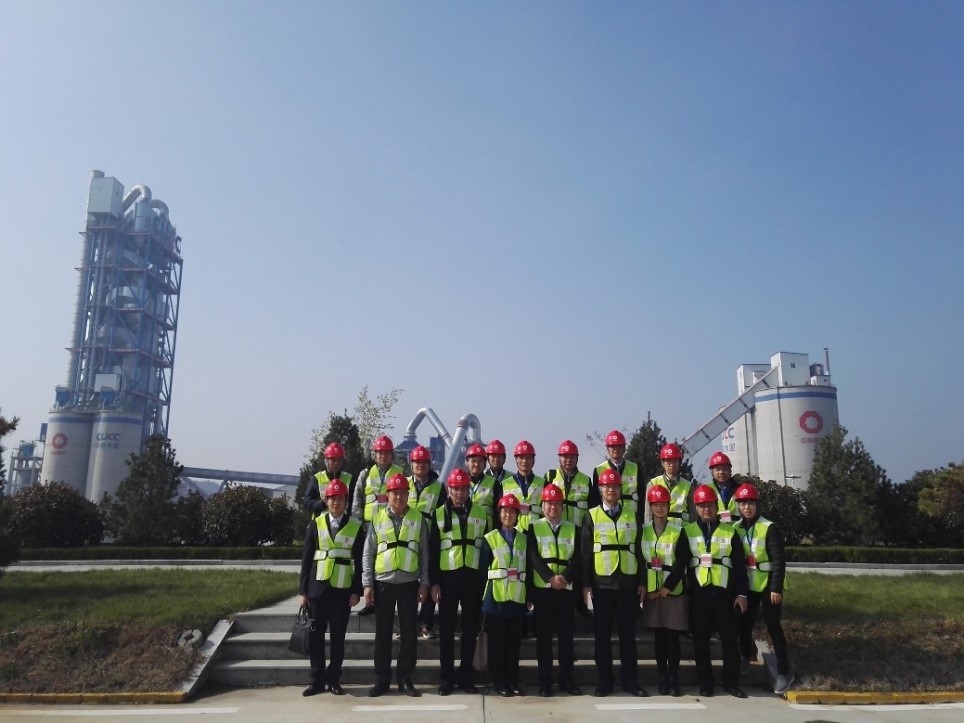Comprehensive Waste Utilization and Sustainable Development in the Building Materials Sector for Asian Countries along the Belt and Road
Promoting waste utilization, energy saving and emissions reduction in building materials
Challenges
With rapid growth in economies and societies, most developing countries are facing common challenges in treating waste, such as municipal solid waste, sludge, hazardous waste, fly ash and slag. Industrial and municipal waste have caused heavy pollution, impacting the environment and human health.
Waste is a growing problem for all developing countries. Viet Nam produces over 15?million tonnes of waste each year from various sources. The reuse, recycling, collection, treatment and disposal of waste can pose a significant risk to the environment. Some Governments have issued polices to encourage recycling, but most do not have the capacity to develop waste utilization technologies. Both Viet Nam and Thailand have limited access to advanced waste utilization technologies nationwide.
Towards a Solution
With a high burning temperature, cement kilns, which are used to produce cement clinker, are also well suited for utilizing a wide range of waste efficiently. In China, waste has been co-processed by cement kilns to replace fossil fuels and some raw materials. Waste coprocessing can decrease emissions from carbon dioxide and other pollutants, recover energy and contribute to long-term cost savings in cement plants.
The International Centre for Materials Technology Promotion (ICM) and the China Building Materials Academy (CBMA) partnered with the Viet Nam Institute for Building Materials (VIBM) and the Siam Cement Public Company (SCG) in Thailand to promote waste utilization, energy saving and emissions reduction in the building materials sector through joint research and development, technology transfer and capacity-building. The project also seeks to reduce the risks to human health and the environment resulting from waste.
The initiative employed the following methodology to promote South-South cooperation:
- Technical exchange: Three seminars on waste treatment technology in the building materials sector were organized, during which experts from China presented state-of-the-art coprocessing technology.
- Capacity-building: Three on-site trainings and visits were conducted for Viet Nam and Thailand at State Key Lab of Green Building Materials in Beijing, Tai’an Zhonglian Cement Plant in Shandong province and Zhuozhou Building Materials Company of Beijing New Building Material Group in Hebei province. Activities focused on testing technology and producing cleaner cement and green building materials.
- Technical guidance: ICM experts provided technical guidance for an energy-efficient retrofit on a cement production line for the Viet Nam Cement Industry Corporation.
- Awareness-raising: A seminar was held to promote waste utilization in building materials in Viet Nam by sharing advanced waste utilization technologies and experience. Eight experts from China were invited to deliver lectures and share their experiences. Participants from the Building Materials Department of the Ministry of Construction of Viet Nam and VIBM attended the seminar. Their participation in this event will be useful in formulating sustainable development policies for the building materials sector.
The Project has made considerable progress to date and has achieved the following key outcomes:
- Approximately 820?Vietnamese participants from the building materials sector have access to technical information on waste utilization.
- Approximately 560?Thai researchers, engineers and managers in the building materials sector mastered technology relating to waste utilization and cleaner production in building materials, which will improve innovation and research capabilities.
- Two memoranda of understanding for future sustainable cooperation were signed with VIBM and SCG of Thailand. These agreements will promote deeper and wider South-South cooperation in the long term. More research and development projects on cement, concrete, refractory materials and some new materials will be carried out jointly. A lab will also be constructed for testing building materials. In addition, ICM will seek to provide more technical training for engineers from developing countries.
- This project provides technical and policy assistance to the Government of Viet Nam to formulate sustainable development policies and norms for the building materials sector in their next 10-year plan. Once implemented, these policies and norms will significantly improve the environment and the health of tens of thousands of Vietnamese people.
The beneficiary countries have expressed strong interest in further cooperation with ICM and CBMA. Discussions are ongoing among ICM, various organizations and the Governments of Viet Nam and Thailand to expand cooperation under this cross-learning and knowledge-sharing initiative to further mainstream South-South and triangular cooperation in countries along the Belt and Road.
The project’s methodologies could be replicated in the building materials sector of any developing country and adapted to other issues in the 2030?Agenda for Sustainable Development.
Contact Information
Name: Dr Juan Li, Title: Deputy Director, Organization: International Centre for Materials Technology Promotion (ICM) / China Building Materials Academy (CBMA)
Countries involved
China, Thailand, Viet Nam
Nominated By
Global South-South Development Center Project Office
Supported By
Global South-South Development Center Project Office
Implementing Entities
International Centre for Materials Technology Promotion (ICM) / China Building Materials Academy (CBMA)
Project Status
Completed
Project Period
2017 - 2018
Primary SDG
12 - Responsible Consumption and Production
Secondary SDGs
17 - Partnerships for the Goals
Similar Solutions
